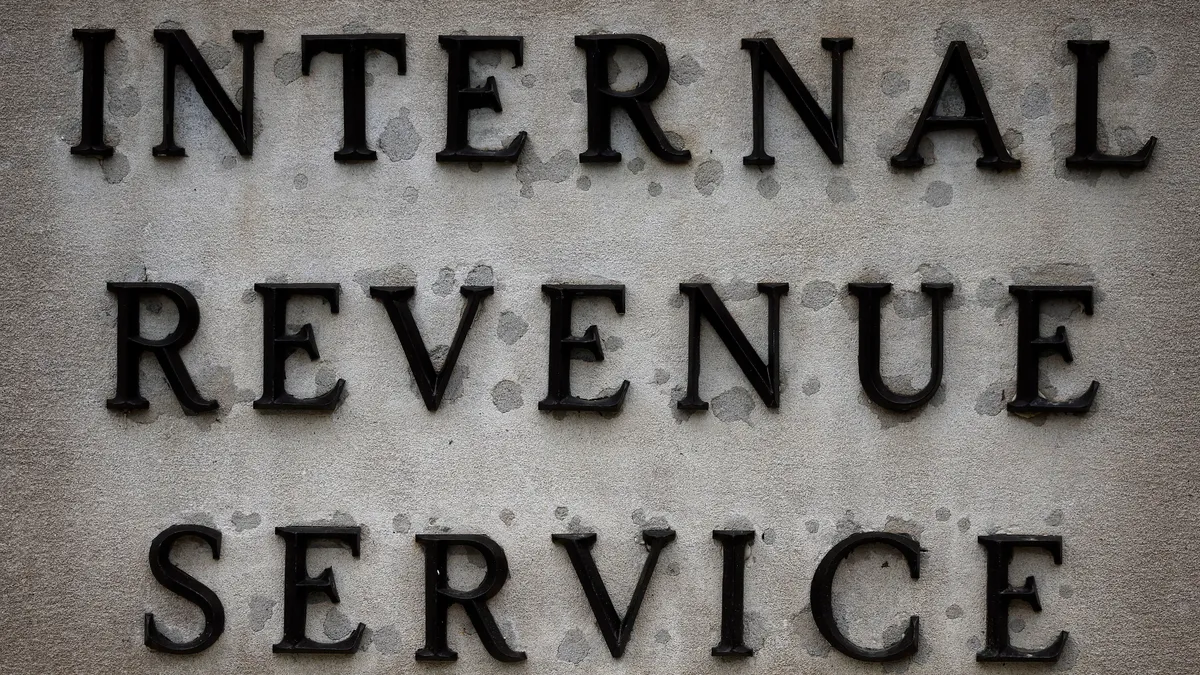Dive Brief:
- The Internal Revenue Service has kicked off its annual list of tax scams and schemes that taxpayers should avoid, with daily additions to the 2024 list to date including warnings for business filers as well as consumers.
- The scams that may entangle business filers this year, according to the list so far, may be familiar to tax professionals as they are making repeat appearances on the list. They include: questionable employee retention credit claims, fuel tax credit claims and “phishing and smishing” scams, which entail bad actors who falsely pretend to help taxpayers set up online IRS accounts.
- Businesses should heed the warnings and learn about the various tax credits and deductions available to them, because ultimately it is the person or corporate officer who signs the tax return who is responsible for the decisions made, according to Tom O’Saben, director of tax content and government relations with the National Association of Tax Professionals. “They can say, ‘Well, I only did what my [tax] preparer told me to do,” O’Saben said in an interview. But “blaming a third party is not normally an effective excuse,” he said.
Dive Insight:
The Dirty Dozen list campaign — which is not a legal document or a formal listing of agency enforcement priorities and was started in 2002 — lists 12 scams and schemes that put taxpayers, businesses and the tax professional community at risk of losing money, personal information, data and more, an IRS spokesperson said in an email.
The ERC is a legitimate refundable tax credit for certain businesses who paid employees during the shutdown related to the COVID-19 pandemic from March 13, 2020 to Dec. 31, 2021, according to the IRS. But the credit has gotten a black eye, as it grew increasingly linked to scams; the IRS announced last month that it has protected over $1 billion in revenue as a result of its compliance efforts around what it calls “erroneous” ERC claims.
Separately, the IRS warned against improper Fuel Tax Credits, noting that the credit is only available for off-highway business and farming use. While it is not something that can be claimed by most taxpayers, the IRS said it “continues to see instances where unscrupulous promoters or return preparers mislead taxpayers about fuel use and create fictitious documents or receipts for fuel.”
O’Saben said the IRS is watching this closely, as taxpayers are often encouraged by “helpful services” for a fee to file these claims for paying gas tax for off-highway use, like buying gas for a boat or gas for your lawnmower.
Only certain fuels, such as diesel, gasoline, and kerosene, qualify for the credit and the fuels must be used for specific purposes, including off-highway business purposes, farming and commercial transportation, he said.
In February IRS Commissioner Daniel Werfel said the IRS’s priority with new funding is to identify tax evaders among large corporations, complex partnerships and wealthy individuals, CFO Dive previously reported.
The agency is deploying new technology, using data analytics and artificial intelligence, and hiring accountants and auditors to track the money flowing through complex tax entities that extend beyond the U.S. and understate their U.S. profits,












